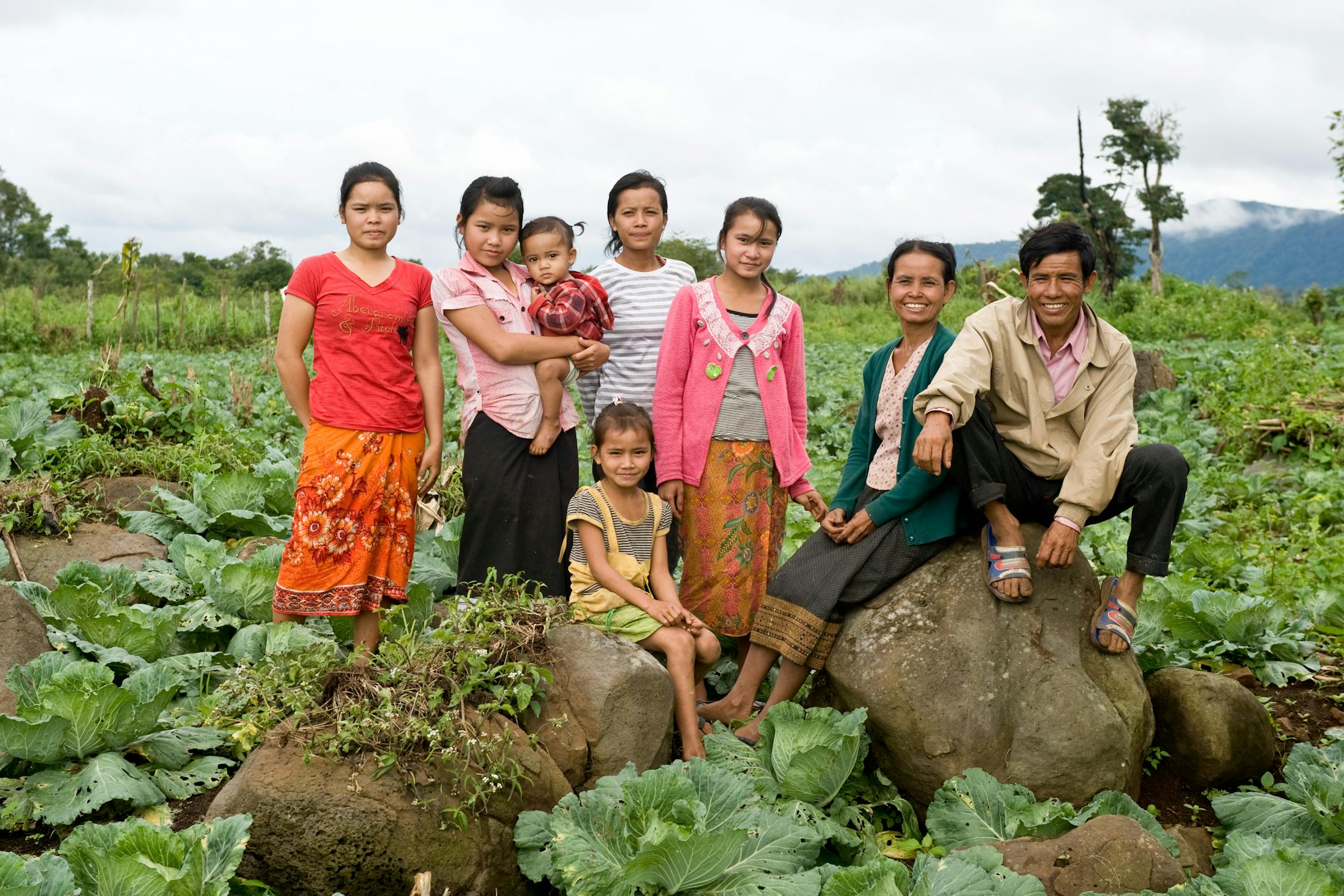

1. No poverty
While extreme poverty has eased considerably since 1990, pockets of the worst forms of poverty persist. Ending poverty requires universal social protection systems aimed at safeguarding all individuals throughout the life cycle. It also requires targeted measures to reduce vulnerability to disasters and to address specific underserved geographic areas within each country.
Read our stories to learn more about SDG Goal 1: No poverty
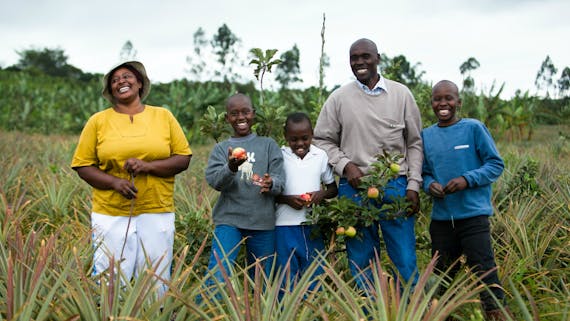
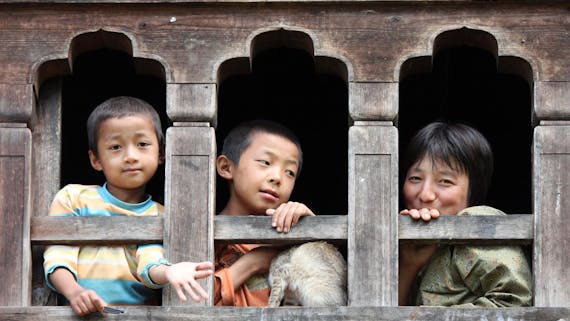
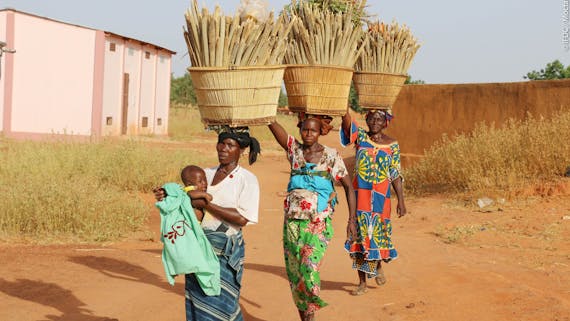
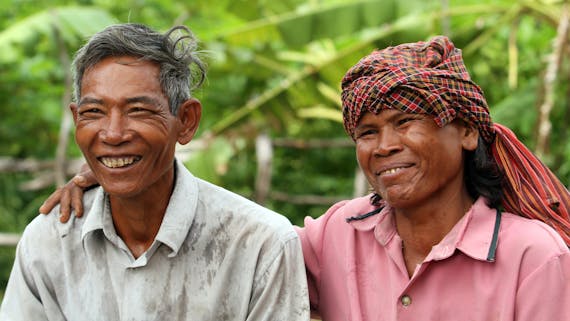
To adopt SDG 1 No poverty, in support of the 17 Sustainable Development Goals, please contact us at partners@eco-business.com
Adopt this goalNews

Food & Agriculture
Climate and finance crises could leave 600 million hungry by 2030
IFAD chief sounds alarm on global hunger saying millions could face food insecurity by 2030 without swift action.

Carbon & Climate
In Bangladesh, frequent floods leave government playing catch-up
As floods become more frequent, Bangladesh boosts warning systems and aid delivery but more needs to be done to mitigate risk.

Policy & Finance
Jailing local wildlife poachers will not help deliver environmental justice: Thai judge Suntariya Muanpawong
Thailand is still used as a hub for wildlife trafficking networks, and Muanpawong tells Eco-Business that judicial innovation is needed to address the transboundary nature of wildlife trade. Putting the poor in prisons doesn't help, she says.

Social entrepreneur Resa Boenard has set up Indonesia’s first alliance for women waste pickers, who work on Southeast Asia’s largest landfill. The group will enable women to sell recyclables directly to buyers, boosting their income from a patriarchal trade.
Policy & Finance
Lack of job growth for Bangladesh’s youth fuels campus protests
Policy & Finance
Odd jobs, digital cards help Rohingya refugees navigate aid cut
Opinion

Most Rohingya end up in the Aceh province of Indonesia where they not only face hostility from locals, but more uncertainty about their future.

Carbon & Climate
The 1.5°C target for global warming must prevail
Limiting global warming is a matter of social justice, human rights and long-term development, and this imperative remains even if we cross the 1.5°C threshold. The 1.5°C target remains relevant.

For Southeast Asia, it need not be a binary choice between maintaining status quo or pushing for 'degrowth'. Reducing emissions without neglecting job growth imposes lower social costs, and can be a pathway to take for the region.

Carbon & Climate
Strengthening Asia’s voice for sustainable development
Eco-Business has launched new subscription plans for our community. We invite you to support our independent journalism and thought leadership initiatives to forge a sustainable Asia and beyond.
Policy & Finance
Delhi's dilemma: a growing economy and growing unemployment
Carbon & Climate
Climate change poses dire health and human rights risks
Videos

EB Studio
What has been the effect of this agribusiness company's dual-income policy on the households of its Indonesian workers?

Food & Agriculture
For Southeast Asia’s migrant fishers, modern slavery is still alive on the high seas
On International Human Rights Day, Greenpeace releases shocking testimonies from Southeast Asian migrants working on board foreign fishing vessels, plying the remote waters to meet Asia's surging demand for seafood.

The Philippine government has begun the process of relocating more than 200,000 families living along waterways to restore Manila Bay, the main body of water in the capital.
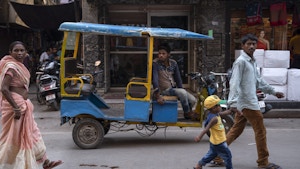
With a vision to end the drudgery of manual rickshaw pulling, social enterprise SMV Green is also helping restore clean air in one of India's most polluted cities through electric rickshaws.
Podcasts

Carbon & Climate
Protecting 30 per cent of the ocean by 2030: Mission impossible?
EB Studio
Eco-Business talks to 'Aulani Wilhelm of Conservation International about why a plan to protect the ocean is critical, and why it might just work.

The World Economic Forum – best known for its Annual Meeting in Davos since 1971 – has been a dynamic platform bringing together the best in business, politics and society to shape global industry agendas. How is WEF helping to shape China’s economic goals alongside its environmental and societal priorities?

Food & Agriculture
Can plant-based diets save the planet?
Humanity and the planet are suffering from a serious case of food poisoning. Eco-Business spoke to Brent Loken, WWF's global lead food scientist, about how changes to our diet can help fix our broken food system, and restore our health and the planet's strained ecosystems.

Policy & Finance
Mining and the cost of the energy transition
EB Studio
Mining can come at great environmental cost, but is necessary to fuel the energy transition. Michael Salvatico from Trucost tells the Eco-Business podcast about the risk and opportunity confronting Australia's mining sector — and what it could mean for Asia Pacific.
























